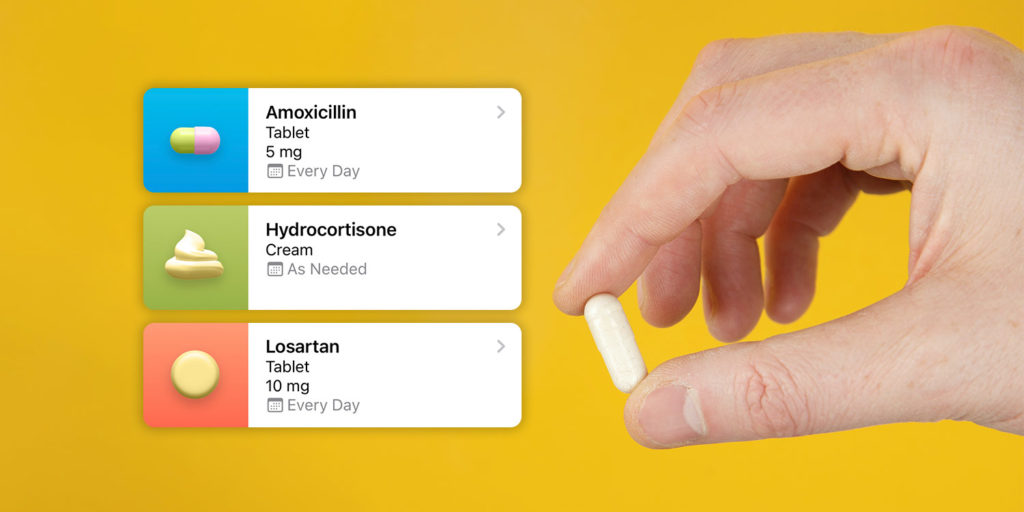Apple CEO Tim Cook often states that healthcare is a field Apple really wants to get involved with, and the new medication-tracking feature in iOS 16 (currently in beta) is another step in that direction.
Medications exists as a standalone app for Apple Watch, while on iPhone you’ll find it as a new section of the Health app. It’s designed to help people who regularly take medications, vitamins, and supplements track and remember their doses and schedules.
Adding medications
Open the Health app and you’ll find Medications as a main category in the Browse tab. If this is your first time using it, you’ll be prompted to Set Up Medications. (If you’ll be using this often, scroll to the bottom of this section and press Add to Favorites. You’ll then have access to Medications directly from the main Summary tab of the app.)
Press Add Medication and you’ll be taken through a brief questionnaire to fill out more details: the medication’s name, type, strength, and how often you need to take it. You can then customize a visual icon to represent the medication, and add notes and even a nickname if the chemical name is a bit of a mouthful.
Tracking
Once you’ve added everything, your personal schedules will be shown in the main Medications view, complete with reminders that alert you when it’s time to take a tablet. You can immediately respond to a reminder to log that you’ve taken your medications, or dive into the Health app to tick it off later.
Tap on any entry in the Log section and press Taken or Mark All As Taken. You can also skip forward and back through time by swiping the calendar at the top, to tick off previous days or check future schedules.
Here, you’ll also find a series of interactive charts and graphs showing your medication history and insights. Handy to check back to see when you last missed a dose, or how long you’ve been taken a certain medication.
Education
The app includes detailed information to help you learn more about each medication, and to be sure you’re using it correctly. Look under the About Medications section for articles on these topics.
It will automatically check for interactions between different dugs, alerting users to any potential side effects or loss of efficacy caused by taking multiple medications at once. It can also flag up any potential interactions with food, or anything that may be risky to take alongside specific medical conditions.
Sharing
Finally, you can share all (or some) of the information in Medications with anyone you trust, and vice versa. Once an invite has been sent to a contact, you can choose exactly which data to share.
Alternatively, for a one-time share simply hit the Export Medications List PDF button to save a document detailing everything you take, along with its dosage. This is great for printing or emailing to a relative or doctor if they need to know what you’re currently taking.
iOS 16 will be available to the public this September.

